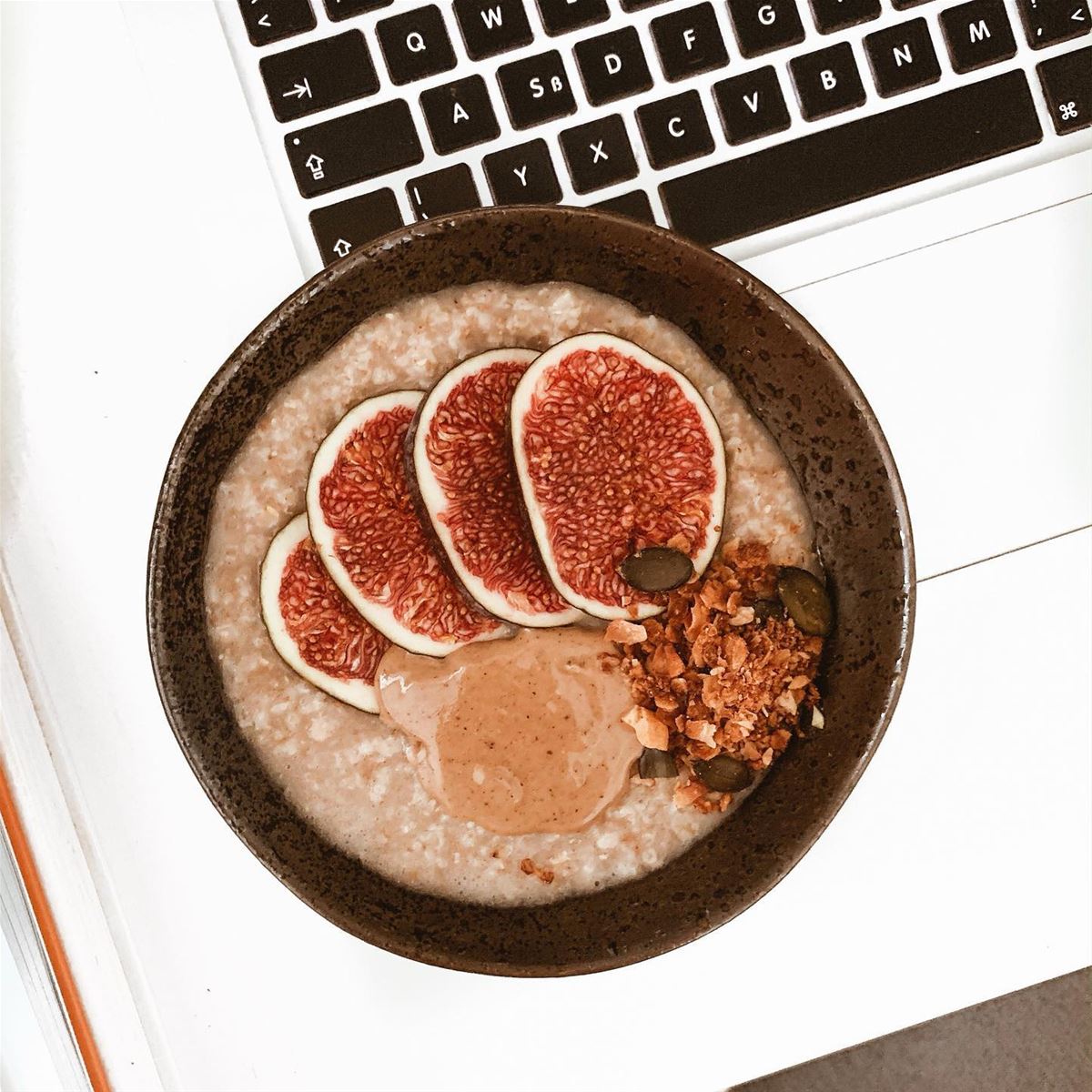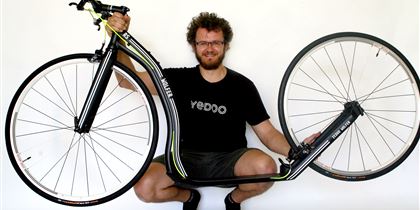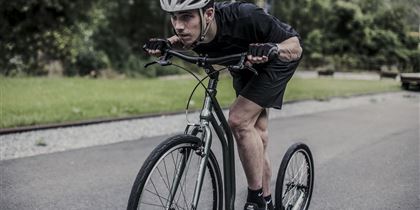What to eat before a race, before training or on a trip? We asked a nutritional therapist
| Vendula KosíkováSummer is coming, and with it the time of scooter races, long treks and great physical challenges for which we need energy-rich fuel. We asked nutritional therapist Andrea Mokrejšová about the best way to replenish it and about how to eat during physical exercise.
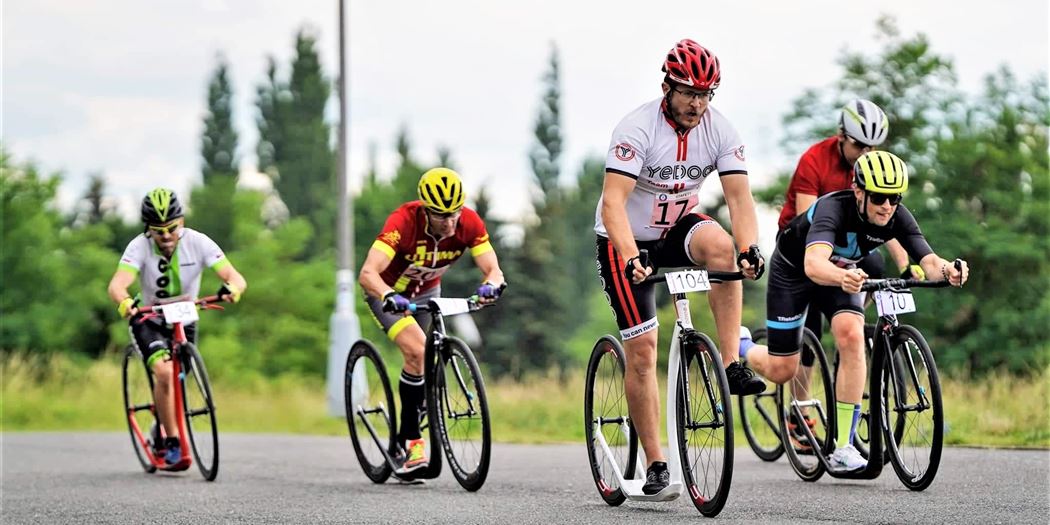
Let’s start with the pre-race diet, what to eat and what to avoid?
“If you have a great exertion ahead of you, for example in the form of a weekend scooter race, I would recommend that you start preparing for it a week or at least three days in advance, because you will not make up for much in the very last meal before the race.
For endurance sports, which include scooter riding, it is important to increase the proportion of carbohydrates (i.e. side dishes) in each main meal from one third to about half of the portion.
This will build up your glycogen reserves (a reserve form of carbohydrate), from which you will draw energy during the race.
The above dietary tips may not be suitable for everyone. Always take into account your physical condition and needs, when choosing your meals.
You should give preference to easy-to-digest complex carbohydrates, such as pasta, rice or couscous.
Wholemeal side dishes or legumes can cause an unwanted feeling of heaviness and fullness due to their higher content of fibre, which is slower to digest.
I also recommend cutting back on fats before races – they take longer to digest, and therefore also give most people a similar feeling of fullness as fibre. Moreover, we use a lot of energy to digest them, but we want to have that energy available for movement.
For this reason, I would also choose proteins with lower fat content. Some people like fish, chicken breast, pork tenderloin, others prefer mozzarella, cottage cheese, etc.
I recommend leaving the protein ratio at the optimal amount, i.e. roughly 1/3 of the portion. But something different suits each of us. These are just general principles that everyone needs to adapt to their individual settings.
In the consulting room, before compiling a diet plan for our clients, we ask them about their lifestyle, daily routine, the nature of their work, what and when they eat, how much they eat, how many hours a day they sleep, do sports, etc. Of course, we also take into account their age, gender and body type.”
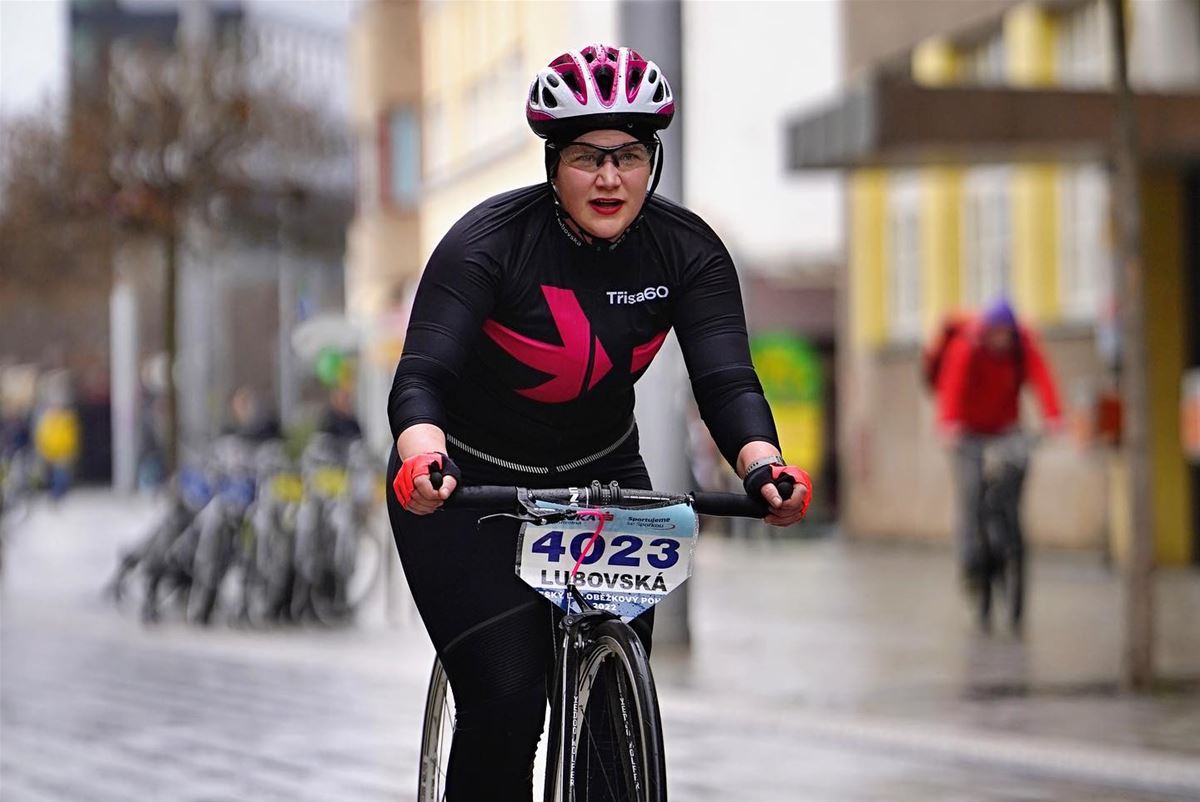
Just like in sports, you can also have a coach for your diet. You can contact nutritionist Andrea Mokrejšová through her website www.andreamokrejsova.cz.
“The best way to find out, which foods are good for you and which are problematic for you, is to write down what you ate during the day and how you felt afterwards, both physically (hunger, cravings, bloating) and mentally (remorse, feeling good, etc.) for some time (3 to 5 days).
But do not just consider the last meal, consider the entire day.”
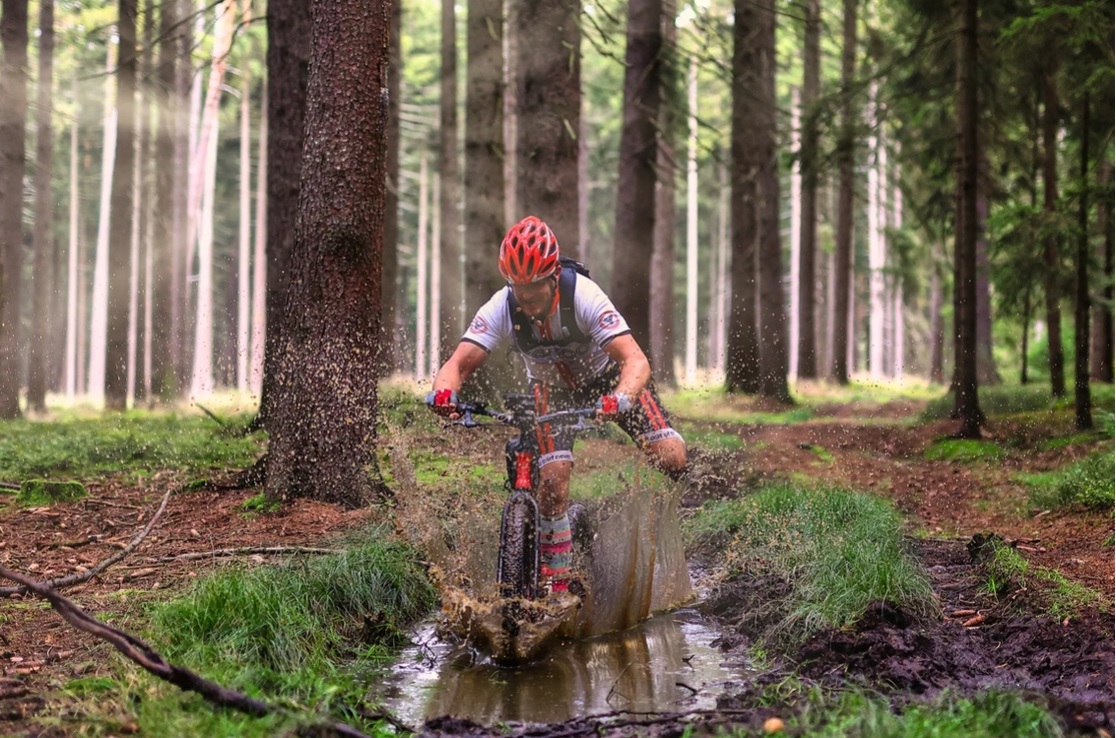
What about fluid intake before races?
“Hydration is similar to food. A litre of fluids just before the race will not save you. On the contrary, it will press on your stomach and burden your bladder, which will ask to be emptied at the least opportune moment.
Therefore, it pays to think about your fluid intake a few days in advance and hydrate your body sufficiently in advance. Ideally, you should have a glass of clean water every hour and drink at least 2 litres a day – depending on your activity, the weather, your physique and so on.”
How to replenish energy after the race?
“You probably won’t feel like eating anything immediately after the race, but it is a good idea to replenish your fluids during the first half hour, and since minerals are flushed out of the body with sweat, I would reach for an ionic drink or preferably mineral water, which you can find at the finish line of almost every race.
Within an hour or so after the race, it is a good idea to take your first large meal. I would start with broth, which is actually also an ionic drink.
I recommend including a broth before the race, too, not before the start, but as part of the preparation. It will help with hydration and mineral replenishment.”
What would you recommend recreational athletes should equip themselves with for a day trip, a demanding 100 km challenge, etc.?
“If you ride a scooter for fitness, your diet should not differ in principle from a normal rationally composed diet.
Of course, it is appropriate to take into account the higher exertion and to increase the amount of food proportionally.
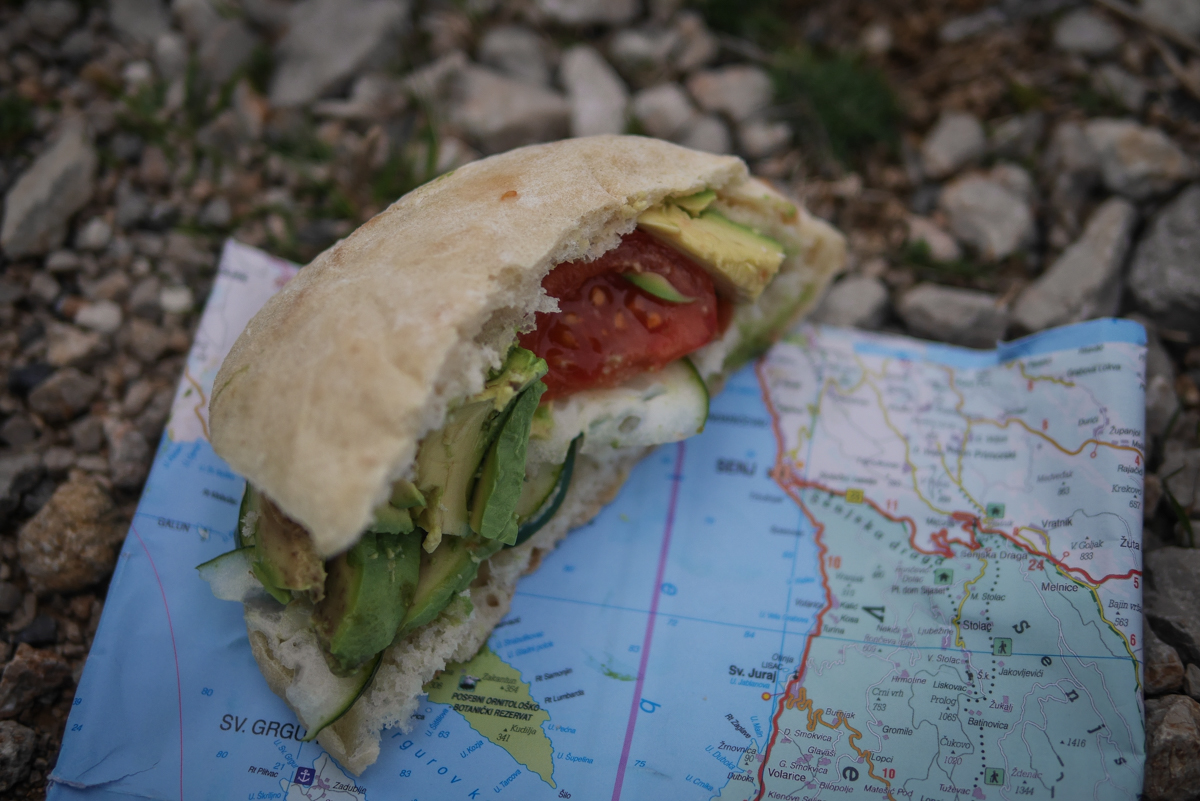
It is important to make sure that each main meal (breakfast, lunch, dinner) includes all three essential nutrients – carbohydrates, proteins and fats – and, of course, vegetables or fruit.
By keeping this composition in mind, you will ensure that you not only have enough energy throughout the day, but also enough of all macronutrients.
If you are not racing, be sure to find time for small snacks, stop every two or three hours to keep your energy up.
Toasted sandwiches are delicious, they are stackable and can be prepared in many ways – savoury and sweet. A piece of a pie is also good – I personally prefer those to the various energy bars, which often have inappropriate toppings, and a home-baked banana bread is hard to match in taste.
I also wouldn’t be afraid to stop at a restaurant on the way to eat, I would go for soup or broth to replenish your fluids and minerals.
Choose a lighter, lower-fat main meal, so it does not sit in your stomach for too long. A fish with potatoes is suitable, for example.”
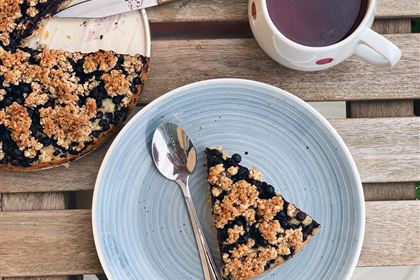
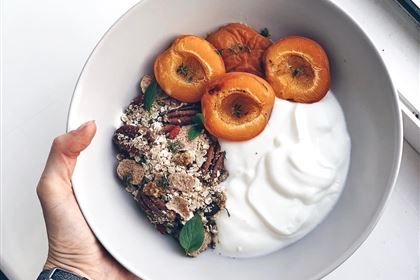
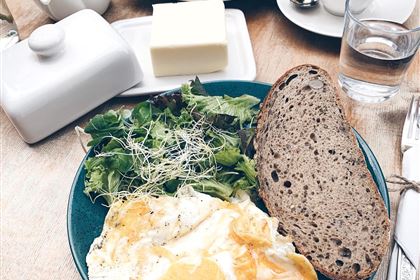
You can find lots of interesting recipes on Andrea Mokrejšová’s Instagram.
Most of us do sports and train after work, when it is time for dinner. Is it advisable to skip dinner or is it better to postpone it?
“Omitting dinner would be a mistake. I know that after exercise we usually do not feel hungry, because the blood still remains in the muscles.
But if we deprive the body of essential nutrients and do not replenish energy, it cannot regenerate properly. Moreover, the more we ignore the energy deficit the body has, the more often cravings for sweets come.
However, choose foods that are easy to digest and smaller portions to help you sleep well. A pasta salad with tuna and vegetables, couscous with vegetables and mozzarella, bread with egg and cottage cheese spread, etc. are suitable options.
Or you can divide your meals into smaller portions and replenish your energy before training with an easy-to-digest snack.
For example, granola with cottage cheese/yoghurt, kefir or yoghurt with blended fruit and cereals are easy to digest and represent a complete snack.
Some will prefer bread with egg, others will make a drink from protein powder, which is easy to digest, etc. Here, too, individuality must be taken into account, whether in the size or composition of the food.”
Thank you, Andrea, for the interview, and we wish you plenty of energy for your summer scootering adventures.
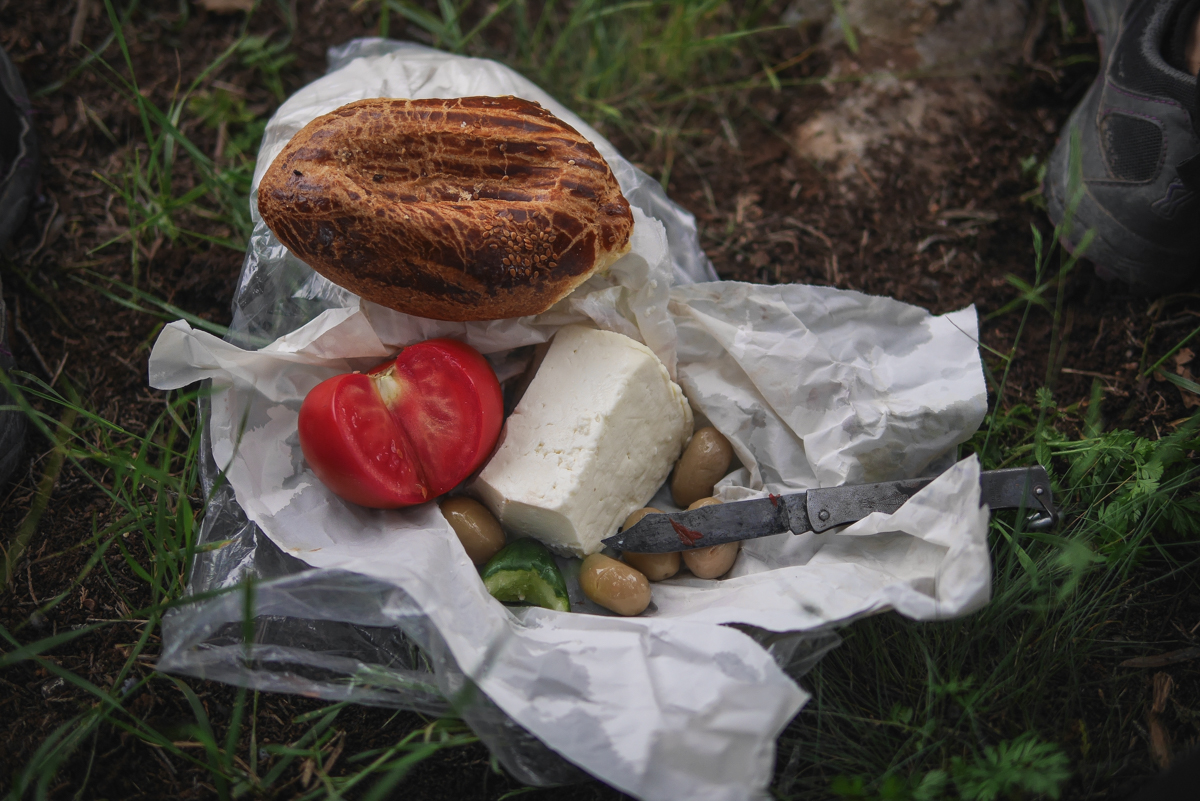
Thank you, Andrea, for the interview, and we wish you plenty of energy for your summer scootering adventures.
Who is Andrea Mokrejšová
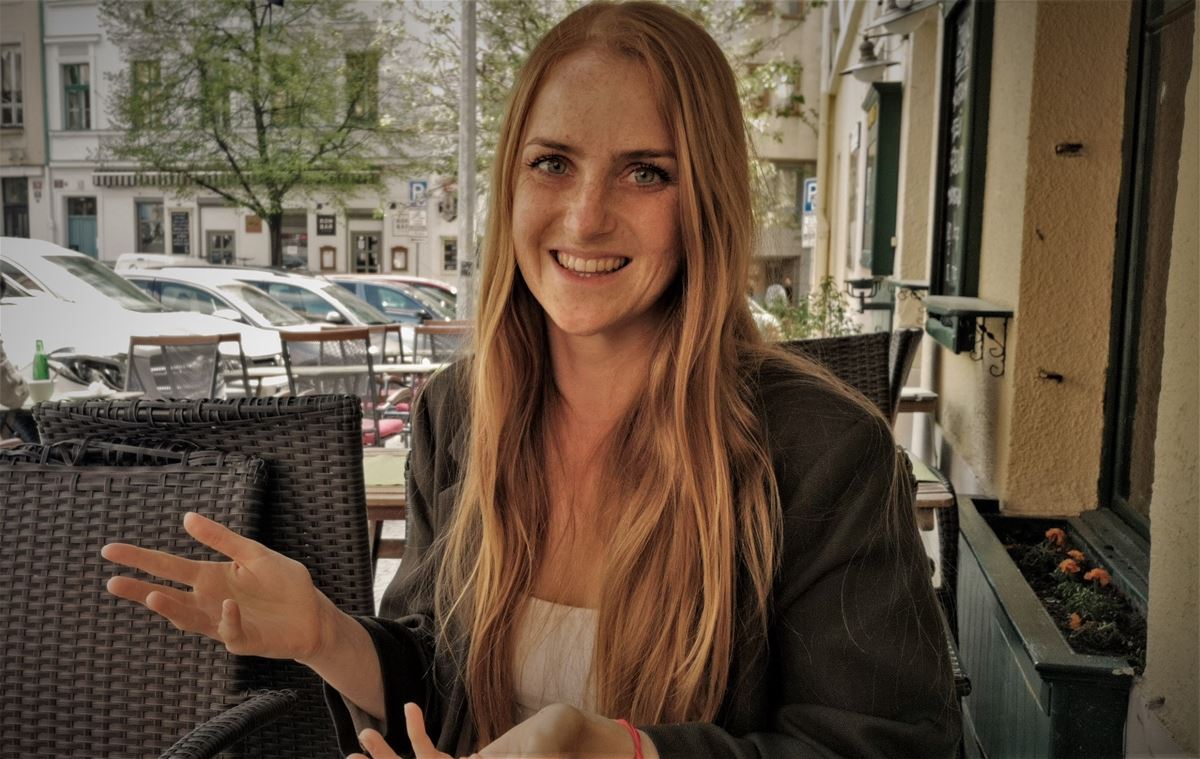
Nutritional therapist Andrea Mokrejšová shows people how to eat simply, without prohibitions, extremes and with respect to individual settings.
On her blog and Instagram, you will find lots of recipes for healthy breakfasts, quick snacks and main meals.
Andrea graduated from the 1st Medical Faculty of Charles University and now runs nutritional counselling with her team in Prague, Vinohrady.
She also works in the nephrology department of a hospital in Beroun, where she works with patients on therapeutic diets for kidney insufficiency.
You may also know her as a lecturer and nutrition sponsor in the FITFAB Strong project and FitNut Academy.
In her spare time, she runs, plays sports and tries new recipes. She became interested in nutrition in high school, when an injury caused her to drop out of active life. At that time, she tried to maintain her physical condition even without exercise. This experience also led her to medical school to study nutrition.
